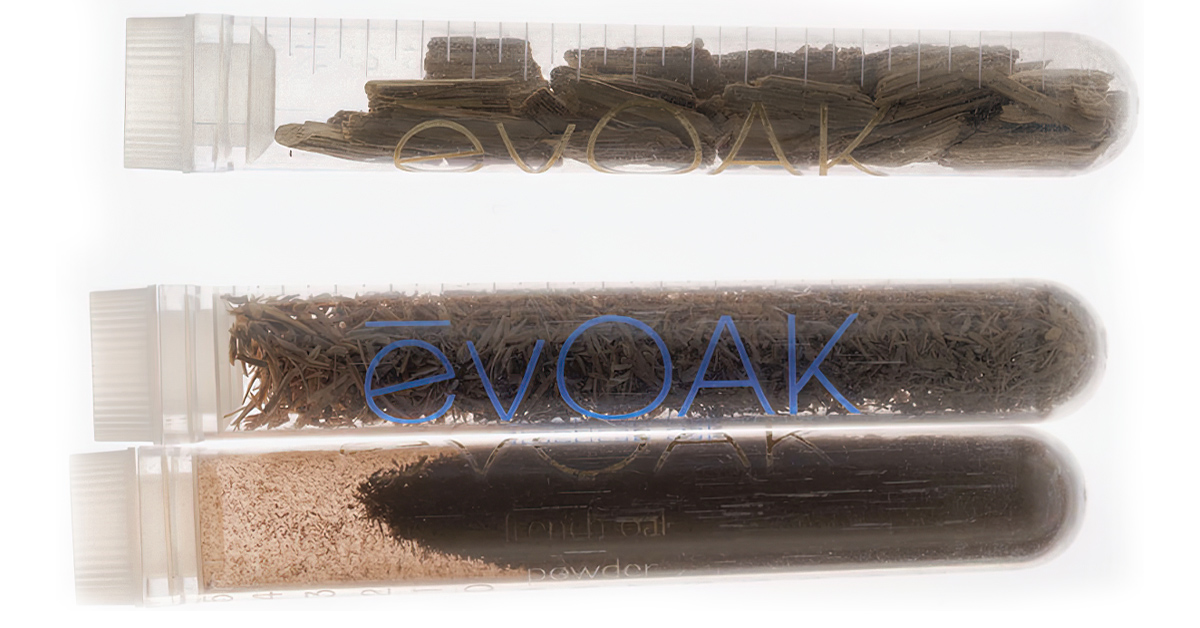So here's the deal. It is accepted wisdom that storing wine in oak barrels may in many cases be beneficial. Storing wine in barrels may add flavors and/or textures that add desirable complexity to wine. Myriad decisions regarding the quality (and/or “qualities") of the various types of barrels (French vs. American, vs. Slovenian oak etc., new barrels vs. used, or “neutral,” etc.) have to be made by any winery regardless of scale.
Over 20 years ago, as “oaky” became a synonym for “high quality” (I'll reserve discussion about aesthetics for another time), large-scale producers were faced with a big challenge; how do you get “oaky” when you need to sell wine at supermarket prices? You see, barrels are expensive. The typical barrel holds 300 bottles. A new barrel that will impart that “oaky” flavor (a barrel used once, is considered neutral–incapable of imparting oak flavors), will cost anywhere from $250 to $1500 per barrel, depending on where the oak comes from, quality of the barrel, and the manufacturer. The cost per bottle for “oaky” (leaving out the cost of grapes, bottles, corks, boxes, etc.), can range from 85 cents to 5 dollars per bottle. That's the cost to the winery–not to the consumer (that would be you and I).
Big Brand Wine's Response
This expense becomes unsupportable if you need to sell a lot of bottles to a lot of people in a relatively short period of time — remember, a large “brand” has to have reliable “turnover” of inventory because the grapes keep growing. Further, a publicly-traded, mass-producer of “wine” has to answer to stockholders who expect profitability, “growth,” and return on their investment. New barrels (the only kind that will produce “oaky” flavors) are just too expensive to use when your wine needs to sell for 5–15 bucks.
Oak “alternatives"
What's the solution? How do we get “oaky” in inexpensive, mass-market “wine"? Enter “oak alternatives,” the most widely employed being oak “chips” which are produced from ground up oak that would otherwise be un-useable for high quality barrels. The “sawmill” waste, if you will. These “chips” may or may not be “toasted” to varying degrees to imitate the flavors of different types of barrels. The cost per bottle is about 10–20 cents. How are they used to impart these flavors? Often they are loaded into large nylon “teabags” which are placed inside a stainless steel tank, and “steeped” in the wine. Voila! Oaky wine–cheap!

Evoak (the catchy name means to “evoke” the qualities of barrels)
But this may be the least egregious use of these “chips." Aside from “oak flavor,” even “neutral” barrels can add textural complexity to a wine. Further the interaction between oak and grapes has proven to be very complex. Oak helps to “set” color, ameliorate vegetal aromas and flavors in less than perfectly ripe grapes, and helps to “smooth” tannins. When aging in barrel isn't economically feasible, “chips” provide a number of “shortcuts” that turn out to be handy at various stages of industrial-scale “winemaking.” This takes us to The Math of Grapes which explains the difference between industrial farming and sustainable farming.






